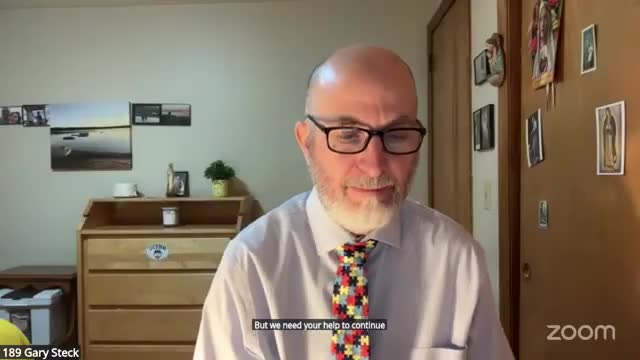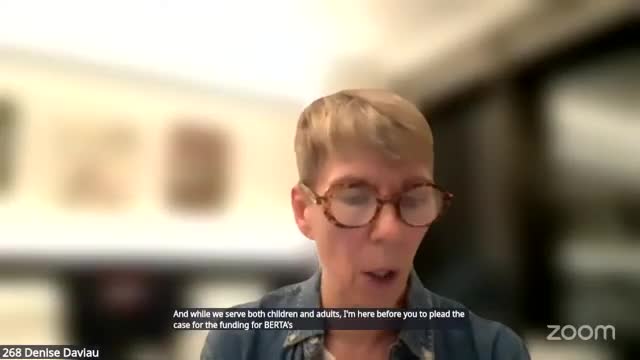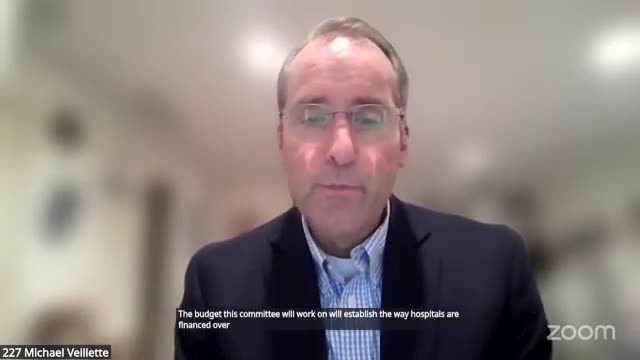Article not found
This article is no longer available. But don't worry—we've gathered other articles that discuss the same topic.

Urgent crisis centers for youth ask for $9.4 million in DCF grants to sustain services

Birth‑to‑3 providers urge full, immediate funding and object to proposed tiered credentialing

Providers across sectors ask Appropriations to shore up Medicaid rates and budget supports

